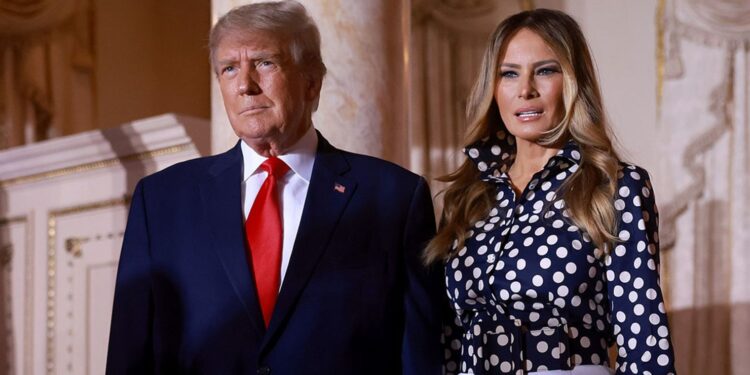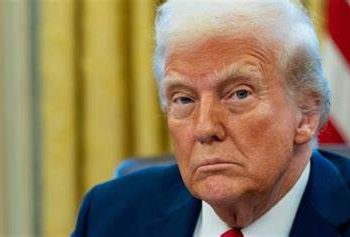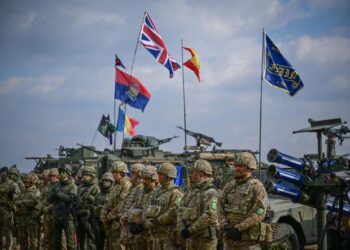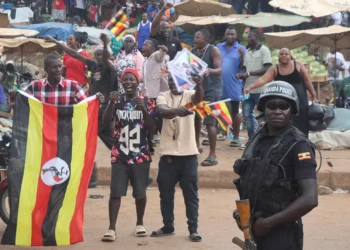President Donald Trump revealed that First Lady Melania Trump played a pivotal role in his decision to escalate support for Ukraine and adopt a tougher stance against Russian President Vladimir Putin, crediting her with exposing the disconnect between diplomatic conversations and Moscow’s continued aggression.
Speaking during a White House meeting with NATO Secretary General Mark Rutte on Monday, Trump disclosed how his wife’s pointed observations about Russia’s actions helped shape his evolving approach to the Ukraine conflict. The president recounted how Melania would quickly counter his optimistic assessments of conversations with Putin by highlighting the reality on the ground.
“I go home, I tell the first lady, ‘You know, I spoke to Vladimir today. We had a wonderful conversation.’ She said, ‘Oh, really? Another city was just hit,'” Trump recalled, illustrating how the First Lady consistently pointed to Russia’s continued strikes on Ukrainian cities despite diplomatic overtures.
The revelation came as Trump announced significant new measures to bolster Ukraine’s defenses, including a commitment to send “billions of dollars” worth of weapons through NATO channels. The president also threatened 100 percent tariffs on Russian goods if Putin fails to accept a US-backed cease-fire within the next 50 days, marking a dramatic escalation in his administration’s approach to the conflict.
The First Lady’s influence appears particularly significant given her personal background. Born in Slovenia, a nation that has maintained cool relations with Russia since its invasion of Ukraine, Melania brings a unique Eastern European perspective to discussions about the conflict. Her homeland, now a member of the European Union, declared independence from Yugoslavia in 1991 after a brief ten-day conflict.
The connection became more personal when a Russian airstrike destroyed Slovenia’s consulate in Kharkiv, Ukraine’s second-largest city, just weeks into the current war. This incident likely reinforced the First Lady’s understanding of the conflict’s broader implications for the region.
Trump’s acknowledgment of his wife’s influence has been welcomed by Ukraine supporters, who have praised her as an unexpected ally against Russian aggression. The First Lady has not previously made public statements about the war, making her behind-the-scenes role in shaping policy all the more noteworthy.
The Kremlin’s pattern of launching repeated drone and missile attacks on Ukraine, even while engaging in diplomatic discussions, has underscored the urgency behind Washington’s latest commitments. NATO allies have also intensified their warnings, cautioning Russia’s trading partners about potential fallout from the new sanctions regime.
“Trump is really pissed at Putin,” according to sources familiar with the president’s thinking, reflecting the administration’s growing frustration with Moscow’s apparent unwillingness to engage in meaningful peace negotiations.
The policy shift represents a significant departure from Trump’s earlier approach, which emphasized his personal relationship with Putin and hopes for a quick diplomatic resolution. The First Lady’s consistent reminders about the gap between Russian rhetoric and actions appears to have contributed to this recalibration.
As part of the enhanced support package, the US is preparing to deliver advanced systems including Patriot missile defense systems to Ukraine. Military analysts suggest these weapons could significantly bolster Kyiv’s capabilities and potentially reshape battlefield dynamics if Moscow refuses to back down from its current positions.
The developments come as the international community continues to monitor Russia’s response to the ultimatum, with the 50-day deadline representing a crucial test of whether diplomatic pressure combined with military support can achieve a breakthrough in the prolonged conflict.


















